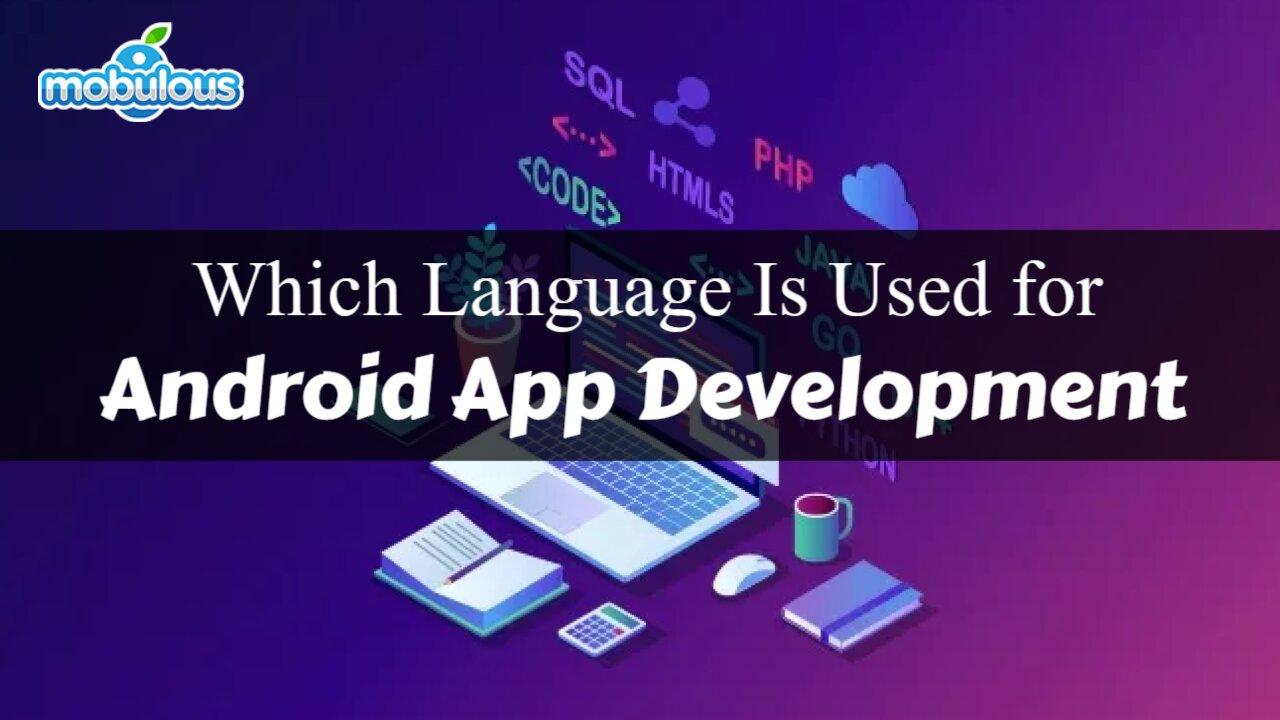When it comes to Android app development, choosing the right programming language is crucial for ensuring the success and efficiency of your project. With a plethora of options available, selecting the most suitable language can be a daunting task. In this comprehensive guide, we will delve into the various programming languages commonly used for Android app development and their unique features, advantages, and drawbacks.
Java: The Traditional Choice
Java has long been the primary language for Android app development. It is a versatile, object-oriented programming language known for its stability, reliability, and extensive libraries. Java’s robust ecosystem and widespread adoption make it an excellent choice for building Android applications.
Advantages of Java for Android App Development
- – Platform Compatibility: Java is platform-independent, allowing developers to write code that can run seamlessly on various devices.
- – Rich Ecosystem: Java offers a vast array of libraries and frameworks, simplifying the development process and enabling developers to build feature-rich applications.
- – Community Support: Java has a large and active community of developers who contribute to its growth and provide support and resources for newcomers.
Drawbacks of Java for Android App Development
- – Verbose Syntax: Java has a verbose syntax compared to some modern programming languages, which can lead to longer development cycles and increased complexity.
- – Performance: While Java offers decent performance, it may not be as efficient as some other languages, particularly for resource-intensive applications.
Kotlin: The Modern Alternative
Kotlin has rapidly gained popularity in recent years as an alternative to Java for Android app development. Developed by JetBrains, Kotlin offers a more concise syntax, enhanced safety features, and seamless interoperability with Java.
Advantages of Kotlin for Android App Development
- – Concise Syntax: Kotlin’s concise syntax allows developers to write cleaner, more expressive code, reducing boilerplate and enhancing productivity.
- – Interoperability: Kotlin seamlessly integrates with existing Java code, enabling developers to leverage their existing knowledge and libraries while gradually transitioning to Kotlin.
- – Safety Features: Kotlin provides built-in null safety, type inference, and other features that help prevent common programming errors and improve code reliability.
Drawbacks of Kotlin for Android App Development
- – Learning Curve: While Kotlin is relatively easy to learn for Java developers, it still requires some time to become proficient, especially for those new to programming.
- – Limited Adoption: Despite its growing popularity, Kotlin is still less widely adopted than Java, which may impact the availability of resources and support.
Flutter: Cross-Platform Development
Is flutter, developed by Google, is a cross-platform framework that allows developers to build Android, iOS, and web applications from a single codebase. Flutter uses the Dart programming language, which offers a unique combination of performance, productivity, and flexibility.
Advantages of Flutter for Android App Development
- – Single Codebase: With Flutter, developers can write code once and deploy it across multiple platforms, saving time and effort.
- – Hot Reload: Flutter’s hot reload feature enables developers to make changes to the code and see the results instantly, making the development process more efficient.
- – Native Performance: Flutter apps compile to native code, providing excellent performance and a native look and feel on each platform.
Drawbacks of Flutter for Android App Development
- – Limited Native Features: While Flutter provides access to many native features and APIs, it may not support every platform-specific functionality out of the box.
- – Community and Ecosystem: Although Flutter’s community is growing rapidly, it may not have as extensive a library ecosystem as more established frameworks like Java and Kotlin.
Conclusion
In conclusion, the choice of programming language for Android app developments depends on various factors, including project requirements, developer expertise, and long-term goals. Java remains a solid and reliable option, particularly for traditional Android development projects. Kotlin offers a more modern and concise alternative with its enhanced features and interoperability. Flutter, on the other hand, provides a cross-platform solution for those looking to target multiple platforms with a single codebase. Ultimately, developers should evaluate their specific needs and preferences to determine the most suitable language for their Android app development endeavors.

